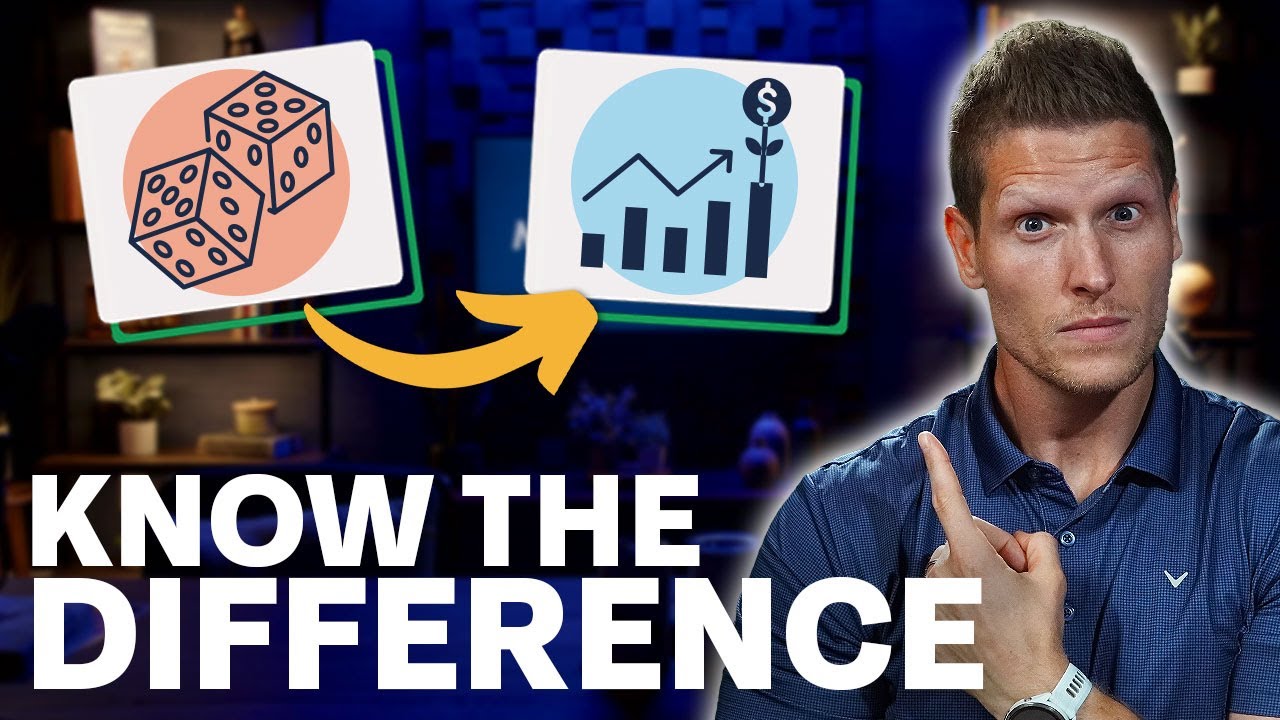As I transition into my 50s and beyond, I need to be strategic about what I want my life to look like. That's what happens in these decades if you've been doing the things you were supposed to be doing. If you've been following the food, making the hard decisions, focusing on discipline, and saving, then you get to start optimizing at this stage. You get to start fine-tuning and talking about what chapter 2.0 of my life looks like. You get to own your time. Many of us work to pay the bills, trading our time for resources. But at this stage, with the three buckets, you get to think about this in a completely different way. You own your time and work only because of what it can do for you and because it brings you purpose. If you can reach that liberation point, it's going to be exciting. Let's talk about what that means from the three bucket strategy.
The first thing to consider in your 50s is opportunities to increase the tax-free bucket before retirement. Are there things or plans where you can shift from pre-tax to Roth? Can you do Roth conversions during the gap between retirement and reaching the required minimum distribution (RMD) age? Think about how to turn tax-deferred assets into tax-free assets. It's a great planning opportunity.
Next, consider your tax-deferred bucket. It has likely reached critical mass and grown substantially. However, accessing that money can be expensive due to taxes. Develop a plan for retirement to determine where your dollars will come from. Strategic allocation of your buckets pre-retirement can make accessing your money less costly.
For those in their 50s to 75, there are opportunities to convert tax-deferred assets into tax-free assets. This can be done by transitioning to a lower tax bracket or by utilizing after-tax assets. Prioritize using after-tax buckets first, followed by Roth assets. This "last in, first out" approach allows Roth assets to continue growing in the background. By optimizing your tax situation, you can maintain a lower tax burden and have more control over your finances.
Looking at the example of Manny, who started making small decisions at age 25, we can see the power of compounding and the
Financial Order of Operations. Manny finishes his career with a significant income and over $6 million in assets. With a disciplined approach, Manny can maintain his lifestyle and have the freedom to pursue his passions in retirement. Small incremental decisions lead to big exponential growth in the long term.
The math worked out great for Manny, and he can replace a significant portion of his working income in retirement. Combined with Social Security, he has built a secure financial future. The key is to stay focused and on track, making important incremental decisions. By learning and applying smart decision-making tools, anyone can achieve financial success. The abundance cycle can be fulfilled by understanding and applying these concepts to your personal life.
You're going to see, if you just do that, learn and apply it, all of a sudden those small incremental decisions will start growing upon themselves in a compounding way, not a linear way, but a compounding exponential way. That's when you will become so successful that the abundance cycle will be fulfilled, and you will need a financial planner, a co-pilot, and we'll be right there waiting for you. This is why we get so much enjoyment. We couldn't do this. I wake up every morning, especially today, I told my wife when I woke up this morning, "It's show day!" I get so excited about show days because I know we get to share this with you guys, and somebody's going to catch a clue today. You're going to get a light bulb that lights up in your head, just like when Mr. Morrow, my economics teacher, told me a hundred dollars a month will make me a millionaire when I was in high school. That's what the Money Guy show is going to do for you today. So go check it out at
moneyguy.com/resources. Download some of the free stuff that we're giving away. If you want to accelerate this even beyond that, go to
learn.moneyguy.com. That's where you're going to get the net worth tool that we covered a lot today. It's going to wake up even more and speed up your process. Thank you, thank you, thank you for all that we get to do.













